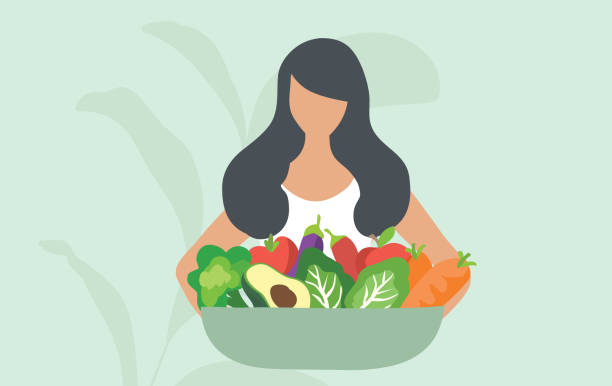According to the vegetarian society, a vegetarian is a person who abstains from eating meat, poultry, fish, shellfish, game, or any by-products of animal slaughter. A vegetarian diet typically contains fruits, vegetables, pulses, nuts, seeds, etc.
There are several types of vegetarianism, but here are the most common.
- Lacto vegetarians: These are vegetarians who avoid animal flesh and eggs but do not consume dairy products.
- Lacto-ovo vegetarians: These are vegetarians who avoid all animal flesh but consume eggs and dairy products.
- Ovo-vegetarians: These are vegetarians who avoid all animal products except eggs.
- Vegans: These are vegetarians who avoid all animals and animal-based products. They are the strictest types of vegetarians.
Vegans are considered the strictest type of vegetarianism. According to the vegan society, veganism is defined as a way of life that tries to exclude all forms of animal cruelty and exploitation. Therefore, a vegan diet excludes not only animal flesh but also eggs, dairy, and any other ingredient that is extracted from animals. These ingredients include honey, whey, pepsin, shellac, albumin, gelatin, etc. Even though vegetarians and vegans may choose to forgo animal products for comparable reasons, for vegans, this decision frequently goes beyond diet. Vegans avoid dairy and eggs, which many vegetarians have no difficulty consuming, out of a desire to avoid all types of animal exploitation. In fact, many people believe veganism to be a strongly pro-animal rights way of life. Due to this, many vegans refrain from buying garments made of silk, wool, leather, or suede. In general, the amounts of most nutrients consumed by vegetarians and vegans are comparable. Poorly planned diets, however, may lead to low intakes of a variety of nutrients. Both vegetarian and vegan diets can be considered healthy eating choices, although if a vegan diet is not properly planned, it could lead to nutrient deficiencies.

